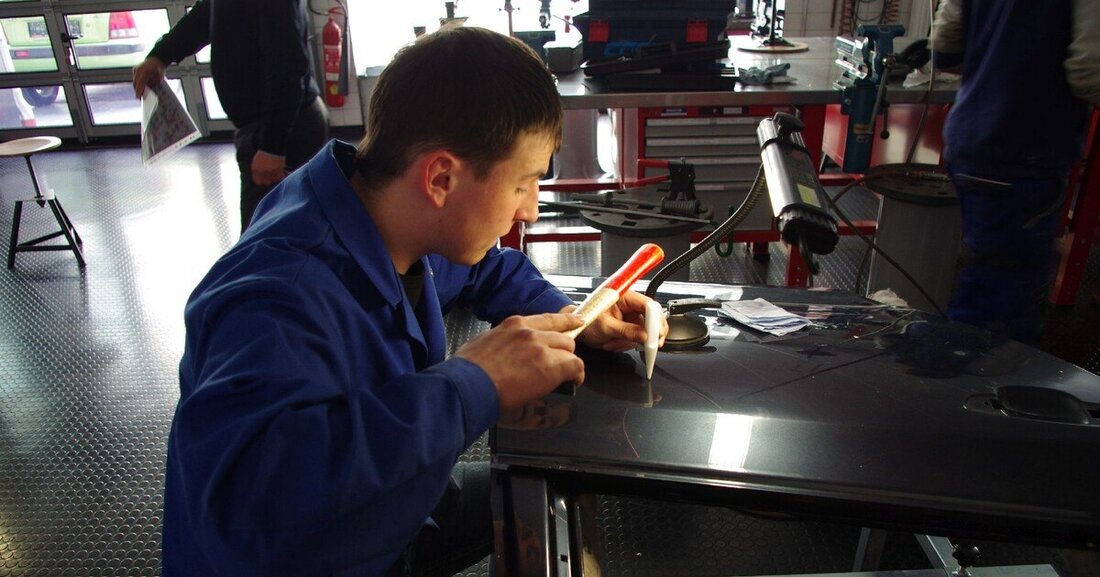New wages in the metal industry
The collective agreement for the iron and metal processing industry has been approved. Apprentices in particular benefit.

New wages in the metal industry
The collective agreement concluded will apply from January 1, 2024 for around 123,000 workers as well as 98,000 employees and around 19,000 apprentices in almost 50,000 companies. The results in detail: For workers in the iron and metal processing industry, the actual wages increase by 8.2%, the monthly minimum basic wages are increased by 8.5%. Apprentice incomes are increased at fixed rates to make apprenticeship training more attractive, and apprentices up to the third year of their apprenticeship also receive the climate ticket. “I am glad that this will avoid massive staff reductions in trades and commerce,” explains employer negotiator Andreas Lahner. The disproportionate increase in apprentices in the first year of training is intended to be a signal to young people to start an apprenticeship in one of the diverse metalworking trades. A two-year financial statement was agreed for the first time this year. Further agreements: The overnight allowance and all wage-related allowances increase by 8.5%, with the exception of night work and shift allowances, which were already agreed in previous years. New rates will be set separately for distance allowances. The possibility of a free time option has also been recently extended, which, if agreed between employers and employees, allows the choice between a wage increase or more free time.
After intensive negotiations, a mutually acceptable agreement was reached between WKÖ chief negotiator Andreas Lahner and GPA chief negotiator Robert Winkelmayer in the collective bargaining agreement for employees in the metal industry. Conclusion: For employees in the metal industry, actual salaries increase by 7.8% and minimum salaries increase by an average of 8.2%. Andreas Lahner sees the conclusion as a “reasonable compromise” given the difficult conditions. For the companies, the increase in salaries is just an acceptable burden given the difficult situation, because “other operating expenses, such as sharp increases in energy costs and material prices, also have to be earned first.” Furthermore, a two-year financial statement was agreed. The level of actual salaries as of January 1, 2025 is 0.5% above the average inflation between October 2023 and September 2024. The minimum salaries will only increase by the average CPI rate as of January 1, 2025.

 Suche
Suche
 Mein Konto
Mein Konto